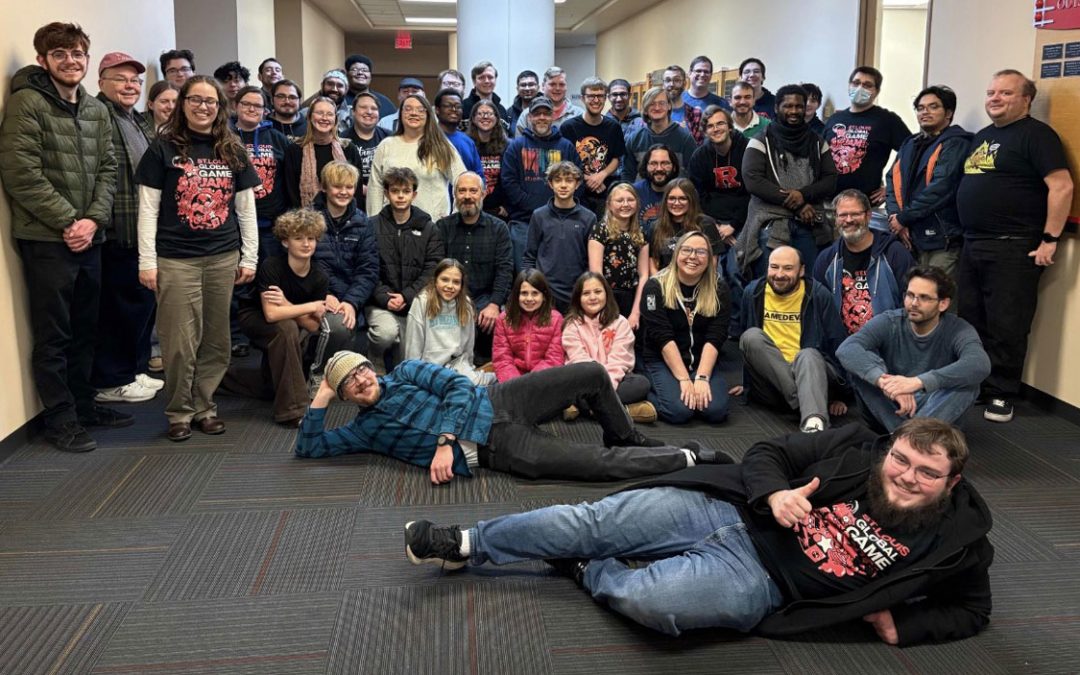The effective metropolitan responses to foreclosure require not only local collaboration among public, private and nonprofit sectors, but also support from state and federal policies, according to a recent study.
“Regional Resilience in the Face of Foreclosure: Evidence from Six Metropolitan Areas,” co-written by Todd Swanstrom, the E. Desmond Lee Endowed Professor of Community Collaboration and Public Policy Administration at the University of Missouri-St. Louis, examines the response to foreclosures in six metropolitan areas: St. Louis; Cleveland; East Bay, Calif.; Riverside, Calif.; Chicago; and Atlanta.
“Local actors cannot adequately address the (foreclosure) crisis on their own,” wrote Swanstrom, who contributed research on St. Louis and Cleveland for the report. “They need the right kind of policies by higher level actors to support metropolitan resilience. Likewise, federal policy will not be effective if local actors do not have the capacity to organize their response.”
Swanstrom co-wrote the study with Karen Chapple, associate professor of city and regional planning at the University of California, Berkeley, and Dan Immergluck, associate professor of city and regional planning at Georgia Institute of Technology in Atlanta. They defined resilience to be “the ability of a system (region, government, nonprofit, company or individual) to bounce back from an external stressor or challenge and recover healthy functioning.”
The report explores several facets of the foreclosure crisis in each of the studied metro areas including the challenges, the respective state laws on foreclosures, and the institutions and collaborations that worked to lessen the impact of the crisis. The authors also chronicled each area’s foreclosure prevention and neighborhood recovery efforts.
The authors wrote that the findings in the study have implications for designing federal and state policies.
“Properly aligned with local actors, these policies can still make s a difference by keeping people in their homes and minimizing damage to the surrounding neighborhood if they are forced to leave,” Swanstrom wrote.
“Regional Resilience in the Face of Foreclosure: Evidence from Six Metropolitan Areas” was funded by the MacArthur Foundation’s Building Resilient Regions. Visithttp://brr.berkeley.edu/pubs/2009-05.pdf to view the entire study.














